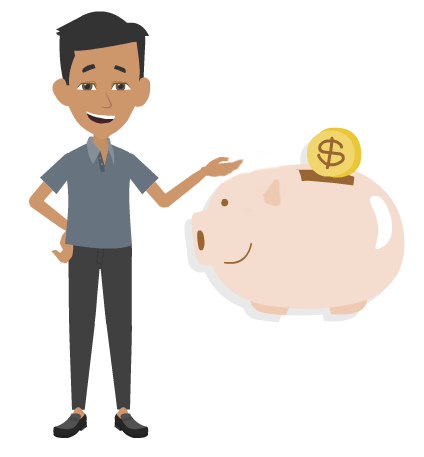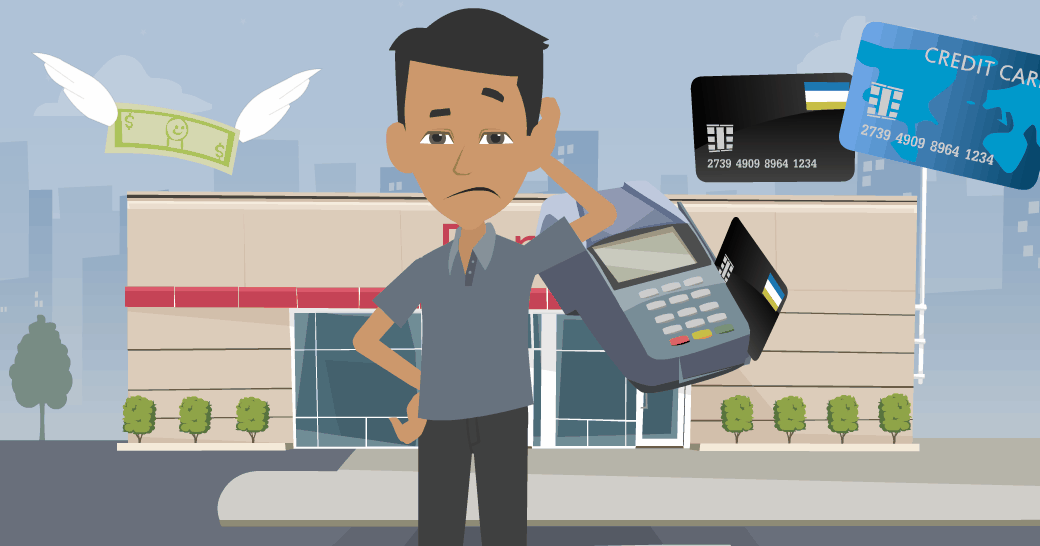PERSONAL FINANCES AND GETTING $ TO START YOUR PRACTICE
So Who Should Budget?
We may think that it is those that have less financial resources that are the ones that need to budget. True, they could benefit but in fact, even those that have substantial financial resources may be in need of a budget. There are many stories of six figure earning individuals that just can’t seem to make ends meet.
Budgeting is all about knowing how to spend less than what you earn (so you can save a bit). Statistics Canada reported that Canadians owe $1.67 for every dollar of disposable income. We can see that this will lead to more and more debt.
Budgeting begins with goal setting. One spends according to what their short term and long term goals are. For example, if it is important for one to travel, then they would want to set aside funds for this purpose.

A budgeting process involves the following steps:
- Assess Personal and Financial Situation.
- Set Personal and Financial Goals.
- Create Budget for fixed and flexible expenses.
- Monitor Spending.
- Compare Budget to Spending and revise budget if necessary.
You can create your own budget if you wish by using an excel budget form. A personal budget was introduced in the year 2 course, however, as you get closer to starting your business it is a good idea to get a handle on what you are spending and to have your personal budget in check.
 CMCC Personal Budget template module 4.xls
CMCC Personal Budget template module 4.xls
As an alternative to using excel for a budget, there is an app called YNAB which allows you to enter your budget on a desktop, or smart phone. If you are in a couple relationship, two people can each have YNAB and enter their spending as it occurs and get real time consolidated totals.
Here are the average expenditures for Ontario Families according to Statistics Canada:
| Average Ontario Household Expenditures, 2015 | Annual | Monthly |
| Total expenditure | 85,379 | 7,115 |
| Food expenditures | 8,475 | 706 |
| Shelter | 19,197 | 1,600 |
| Household operations | 4,788 | 399 |
| Household furnishings and equipment | 2,137 | 178 |
| Clothing and accessories | 3,685 | 307 |
| Transportation | 11,812 | 984 |
| Health care | 2,021 | 168 |
| Personal care | 1,396 | 116 |
| Recreation | 3,788 | 316 |
| Education | 1,962 | 164 |
| Reading materials and other printed matter | 179 | 15 |
| Tobacco products and alcoholic beverages | 1,163 | 97 |
| Games of chance | 172 | 14 |
| Miscellaneous expenditures | 1,944 | 162 |
| Income taxes | 15,561 | 1,297 |
| Personal insurance payments an pension contributions | 4,754 | 396 |
| Gifts or money, support payments and charitable contributions | 2,344 | 195 |

Your Credit Worthiness
If you go for a personal or business loan, a credit check will be done and the lender will obtain a FICO score for you. This is a number that is reflective of your credit worthiness. Here is what the score numbers mean:
- 700+ very healthy, very nominal rates.
Some lenders may even offer special rates / discounts if your FICO is around 720 – 740 - 680 – 699 rating is good, but could be improved a bit; get any loan you need, in most cases.
- 620-679, loan likely, but it is going to cost you.
- 450-620 may pose difficulty in getting a good deal on any loans
- below 450 bad credit risk and loan unlikely, unless at exorbitant rates.
What are the factors affecting this score?:
We can see from the chart that the amounts that you owe and how you pay (i.e. on time?) has the greatest impact.
How does my FICO score affect my cost of borrowing?
The better your score, the less interest you will pay on loans. Let’s say you want to get a $200,000 mortgage, 30 year term. Here is how the costs could compare:
| FICO Score | APR | Monthly Payment | Total Interest Paid |
| 760-850 | 3.707% | $921 | $131,689 |
| 700-759 | 3.929% | $947 | $140,789 |
| 680-699 | 4.106% | $967 | $148,153. |
| 660-679 | 4.32% | $992 | $157,154. |
| 640-659 | 4.75% | $1,043 | $175,586 |
| 620-639 | 5.296% | $1,110 | $199,641 |
Maintaining a good credit score makes borrowing cheaper. The key is to remember to pay bills on time and not to max out your credit cards.

Borrowing $ for Your Business
You may need a loan to start your business. The first step is to take a close look at what you think you need and assess if you really require all the equipment to start.
There is a story of a group of entrepreneurs who said they needed $2 million to start a plant. Upon a more detailed examination, it was determined that they could start their operation with $300,000 by starting the plant in phases.
Is it possible to lease or purchase used instead of buying new?
When you have determined what you need, you will need to go to your banker. The banker will make their decision based on the 5 Cs of bank lending:
- Conditions – This involves the state of the economy and the state of your particular industry. A bank manager spoke of a time when motels were not doing well, so his bank was not lending to entrepreneurs wanting to start a motel.
- Character - A banker will assess you as an individual and business owner. Are you the kind of person that has what it takes to make this work? It is not much different than going for a job interview. A bank officer shared how a client came in to apply for a bank loan. He was unshaven and there was a smell of alcohol on his breath. Do you think he got the loan? Your FICO score would be considered here.
- Capacity to Repay – The bank will assess how easy it will be for you to make your loan payments. Other loans and payments you have will be taken into account.
- Collateral – Banks like collateral. If you have a house that the loan can be secured against, then you increase the chances of getting a loan. This is not a suggestion that you should secure your house against your business but you may have other fixed assets that the bank would be interested in.
- Capital – How much do you need to borrow? The more you want, the more solid you need to be.
You can go to the bank for a standard business loan. Alternatively, there are loan programs that may be easier to get. Consider:
- The Canada Small Business Financing Program – This is a government backed loan program for small business for up to $1 million. It is for the purchase of equipment or improvement to property. This is only for fixed assets. Check out: http://www.ic.gc.ca/eic/site/csbfp-pfpec.nsf/eng/Home
- Micro Loan – Often referred to as character lending as participating banks don’t have the same collateral requirements as the main banks may have. Alterna Savings is an example of a participating credit union that will give loans up to $25,000. See https://www.alterna.ca/AboutUs/Community/EconomicDevelopment/MicroFinanceProgram/
OurLoanFund/ProgramRequirements/ - To get a comprehensive list of loan programs that you might be eligible for, do a search at the Canadian Government website: https://www.canada.ca/en/services/business/grants.html.
Whenever you ask for money you will have to show you have a percentage of your own money to put into the business. The financial lender will want to know you are invested in your own business.
